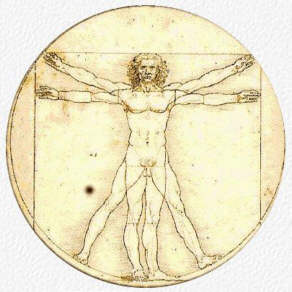
ProMann |
Prostatakrebs-Selbsthilfegruppe Hamburg |
Kachexie
"Bei Krebs im End-Stadium ist für Patienten eine der grössten
Bedrohungen der krebs-bedingte Gewichtsverlust.
Dieses rapide Abmagern zeigt normalerweise, dass das Ende nahe ist.
Kachexie wird angefeuert durch hohe Level von
entzündungs-fördernden Zytokinen im Blutstrom,
bekannt als Tumor Nekrose Faktor (TNF).
Da Fischöl dafür bekannt ist, dass es
die Freisetzung von TNF unterdrückt,
sollte die Supplementierung mit genügend
hohen Dosen Fischöl den Gewichtsverlust
nicht nur reduzieren, sondern auch umkehren
und so die Lebensspanne des Patienten verlängern.
Tatsächlich verhält es sich auch genau so."
(Barry Sears, The Anti-Inflammation Zone, 2005, S.265)
[ ... In fact, that is exactly what happens. In a study, when patients with cachexia
were given high levels of long-chain omega-3 fatty acids each day they actually gained
weight, whereas the control patients continued to lose weight.
Subsequent studies with patients having advanced pancreatic cancer have used doses
as high as 18 grams of long-chain omega-3 fatty acids per day.
In both studies, patients who took the fish oil survived far beyond what was predicted
for their end-stage cancers. ]
|
Beteiligung der Leber an der Kachexie
DKFZ, 14.1.2013:
Jones, Herzig et al., 2013:
Amanda Tijerina, 2004:
|